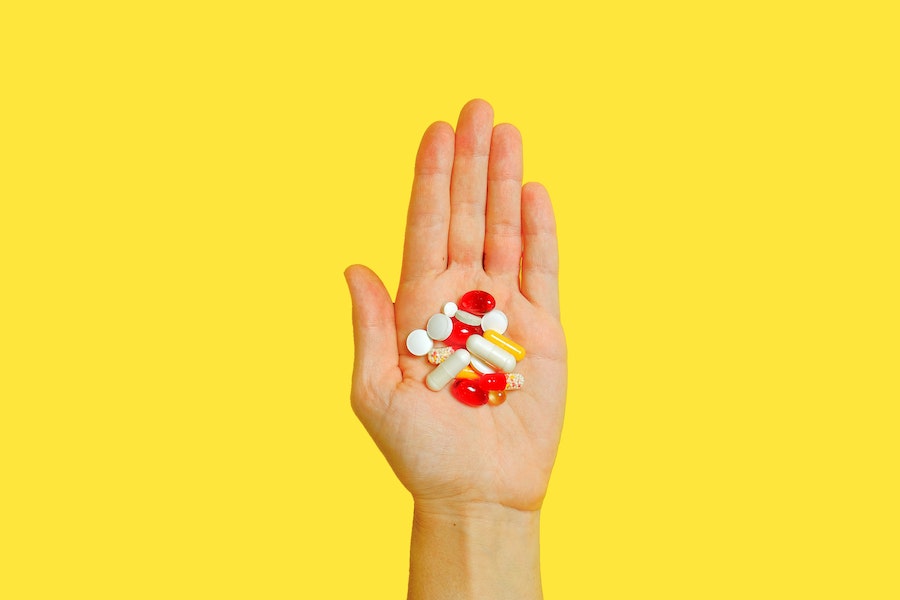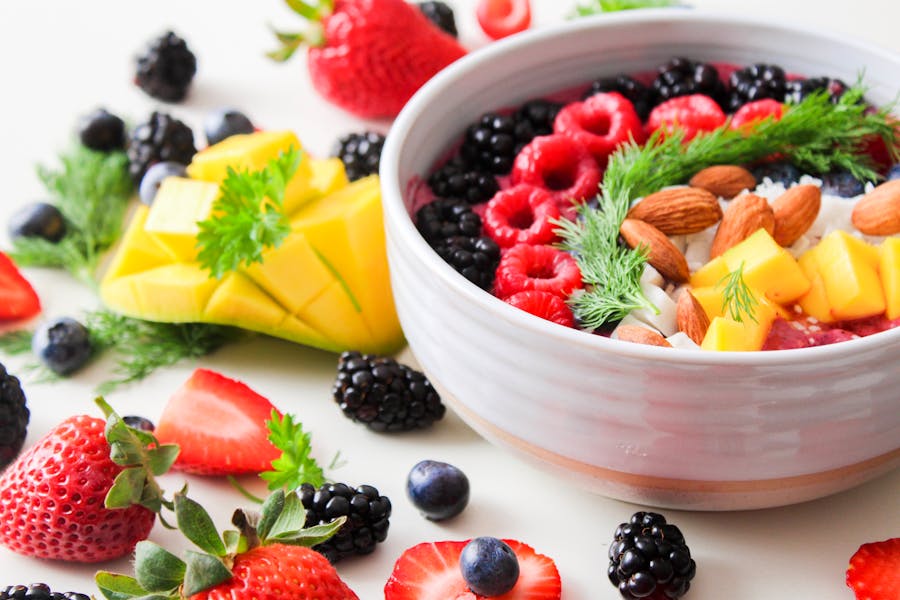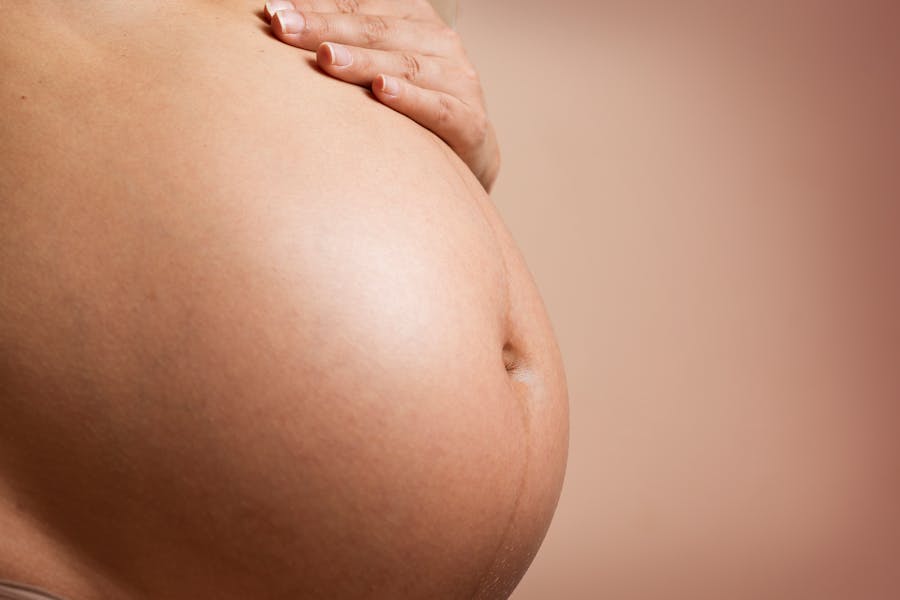Iron is a crucial mineral that your body needs to produce essential compounds and perform vital functions. While you can typically get iron through a proper diet, some people, especially women, can have trouble keeping their iron at an appropriate level. When this occurs, the body cannot produce enough of the compound hemoglobin, which carries oxygen through the bloodstream. Here are some things you should know about iron deficiency, its effects on the body, and how to increase your iron consumption.
Effects of Iron Deficiency in Women
A poor diet can cause anemia, internal injury, or even the inability to absorb iron properly. Though anyone can experience the condition of anemia or iron deficiency, it tends to be more commonly found among women. This happens due to blood loss during menstruation, pregnancy, or even conditions such as endometriosis. Because iron provides critical functions in the body, it is essential to obtain enough of it daily, especially for pregnant women who require more blood to nourish a growing baby. This greater need for iron can be seen in the recommended daily intake, which lies around 15-18mg between 18 and 50 for women, while the recommended amount for adult men is only around 9mg. When anemia occurs, women may experience various symptoms, or even none at all, depending on the severity of the condition. Severe symptoms can include dizziness, loss of appetite, and fatigue, among others. On a lesser scale, if you give blood regularly or desire to give blood, insufficient iron levels can prevent you from donating until they reach optimal levels.
How to Increase Your Iron Levels
It’s easy to see the importance of iron for women’s overall health and why they may be more at risk for a deficiency, so here are some steps you can take to ensure your body is getting enough iron.
Eat Iron-Rich Foods
The easiest way to increase iron intake is through eating foods with high levels of iron, the most common of which are animal proteins, such as red meat. Vegetarians and others will have to look at other iron-rich foods to ensure they consume enough for their daily needs. These alternatives include lentils, legumes, nuts, and leafy greens.
Cook and Eat from Cast Iron
If the foods aren’t giving you the iron you need, try cooking them with cast iron pans and utensils. Studies have shown that this can significantly increase the iron found in the foods, contributing to sufficient iron intake.
Choose Foods High in Vitamin C
Vitamin C has been shown to help increase iron absorption in the body. Choosing foods high in vitamin C, such as citrus, leafy greens, broccoli, and other fruit, will make it easier for your body to absorb the iron it needs.
Take Supplements
Many who struggle with iron deficiency have difficulty obtaining the correct amount of iron from diet alone. Taking iron supplements is a viable option. When taking supplements, stay within the appropriate limits recommended by your doctor.
To find out if your iron levels are optimal, visit your gynecologist. All it takes is a simple blood test that provides instant results.




